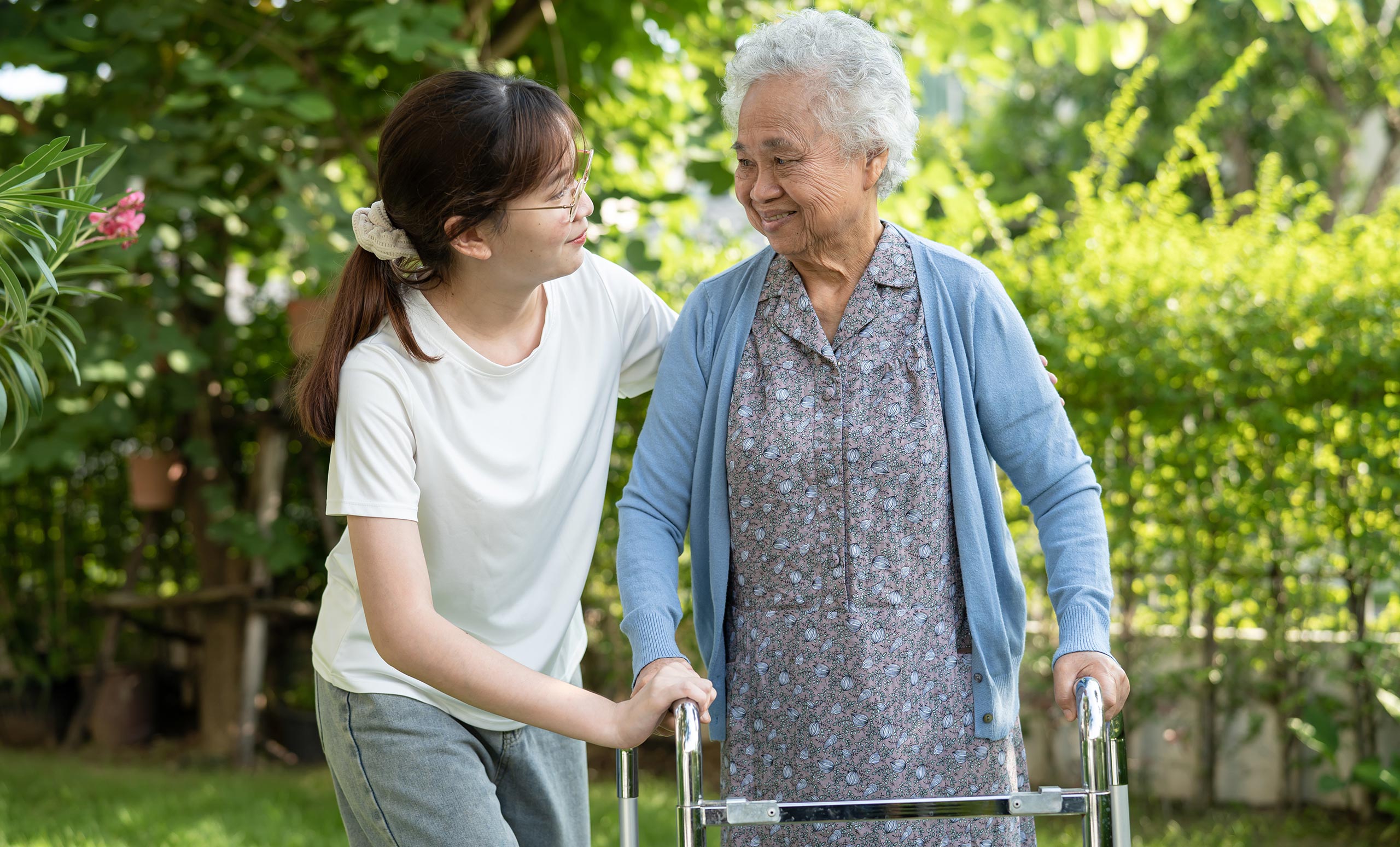Being a caregiver means providing assistance to someone who is unable to take care of themselves. This could include a spouse, disabled child, parent, other family members, close friends, or hired help. As cultural norms evolve, more people are taking on the role of a caregiver.
However, caring for a loved one can have a profound impact on family caregivers, both physically and mentally. Emotions like anger, sadness, or guilt are just as real as physical pain. They serve as a warning sign from the body, telling us to prioritize our own well-being and take action to address any distressing feelings.
Caregiver’s guilt
Although they have the best intentions, caregivers often feel guilty and inadequate, thinking they could do more. Caregiving can be a challenging task, and feeling guilty can make it even more difficult to manage. Caregivers may experience family guilt when they set unrealistic expectations for themselves that are hard to achieve. Harmful emotions can also arise during the caregiving process, which can further develop into guilt after the passing of a loved one.
It is common for caregivers to feel overwhelmed by their emotions of guilt and stress. However, these feelings are not uncommon and have been extensively researched. Significant progress has been made in identifying and categorizing different types of guilt that caregivers experience, which can help offer effective coping mechanisms. Some of these types of guilt include:

How to deal with guilt while caring for others?
Caregivers may experience guilt when they feel they are not meeting expectations in their various roles, leading to strained relationships. In the face of a loved one’s declining health, caregivers might mistakenly believe they need to do more to improve their quality of life.
Unfortunately, many caregivers neglect their own self-care as they focus their attention and empathy on others. It’s important to recognize that being a good caregiver also means taking care of oneself. This involves acknowledging and addressing any negative emotions that may arise regarding their role. Some strategies that could be helpful include:
- 1Ask for help
- 2Practice self-care
- 3Set realistic expectations
- 4Focus on quality time
- 5Find a balance between caregiving and other aspects of life
As a caregiver, it’s essential to understand that feeling guilty is common and doesn’t diminish the love and care provided to your loved one. At Ascend Hospice Care, we prioritize caregivers’ needs and the comfort and dignity of our patients. We want to be sure that every community member navigates through the grieving process as smoothly as possible. So please, give us a call regarding any concerns you may have.




